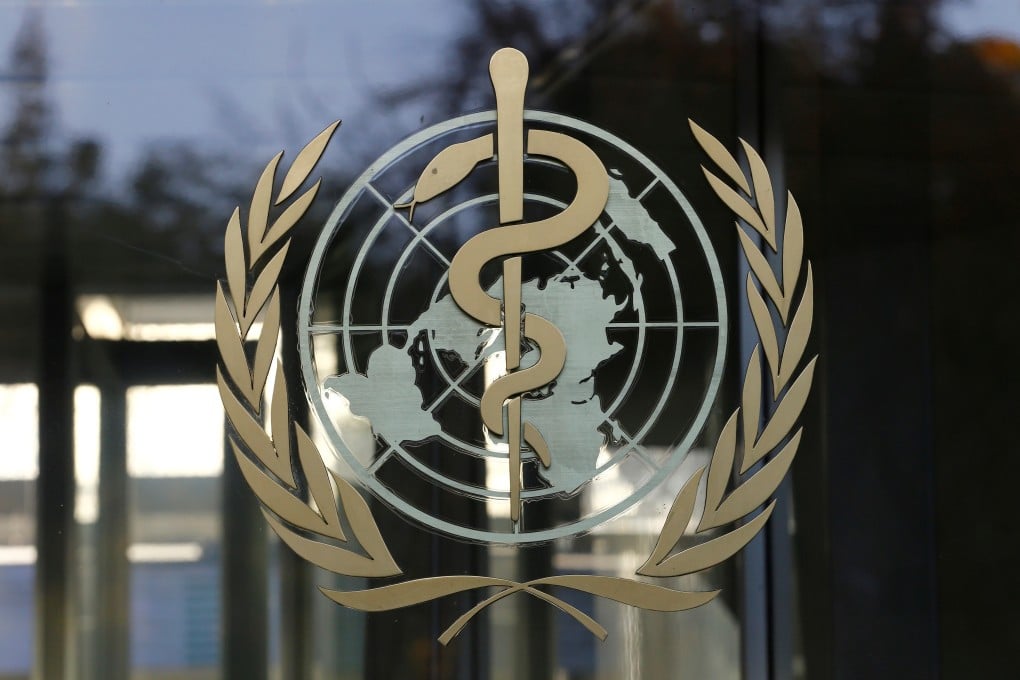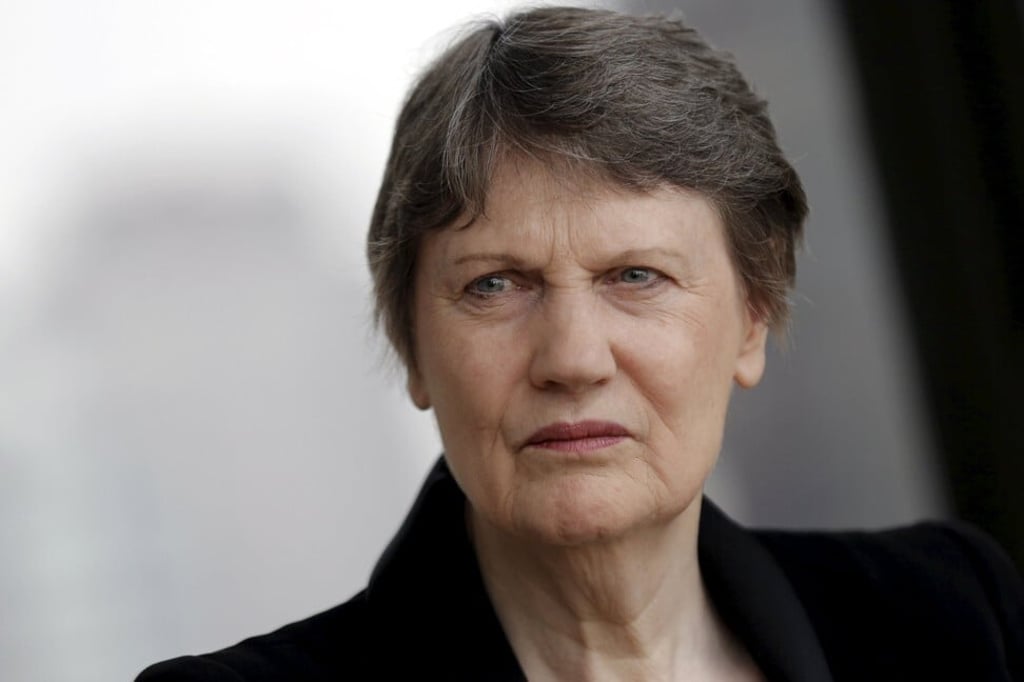Advertisement
Coronavirus: investigation starts into what went right and wrong in Covid-19 response
- Independent panel of 13 includes former leaders and health experts to look into how the world reacted during the pandemic
- Inquiry leaders say they will have access to WHO internal emails and documents throughout evaluation
Reading Time:4 minutes
Why you can trust SCMP

The investigation into how the world responded to the Covid-19 pandemic begins on Thursday in which an independent panel has promised to ask hard questions about the response to a disease that appeared less than a year ago and has killed almost 1 million people.
The 13 members of the WHO-initiated but independent panel – including a former prime minister, a Nobel laureate and medical specialists – will first set out a plan to manage this gargantuan task, called for by more than a hundred countries at a gathering of the World Health Organisation’s governing body earlier this year.

Advertisement
“We will ask with the benefit of hindsight how WHO and national governments could have worked differently knowing what we now know about the disease,” said panel co-chair and former New Zealand prime minister Helen Clark this month.
Clark was appointed to lead the Independent Panel for Pandemic Preparedness and Response, along with Nobel laureate Ellen Johnson-Sirleaf, the former president of Liberia.
The co-chairs announced their pick of 11 additional members from among those nominated by countries at the start of this month. They include China’s top Covid-19 expert Zhong Nanshan; former US ambassador Mark Dybul, who has headed the Global Fund to Fight Aids, Tuberculosis and Malaria; and Preeti Sudan, former health secretary of India.
Advertisement
Advertisement
Select Voice
Select Speed
1.00x